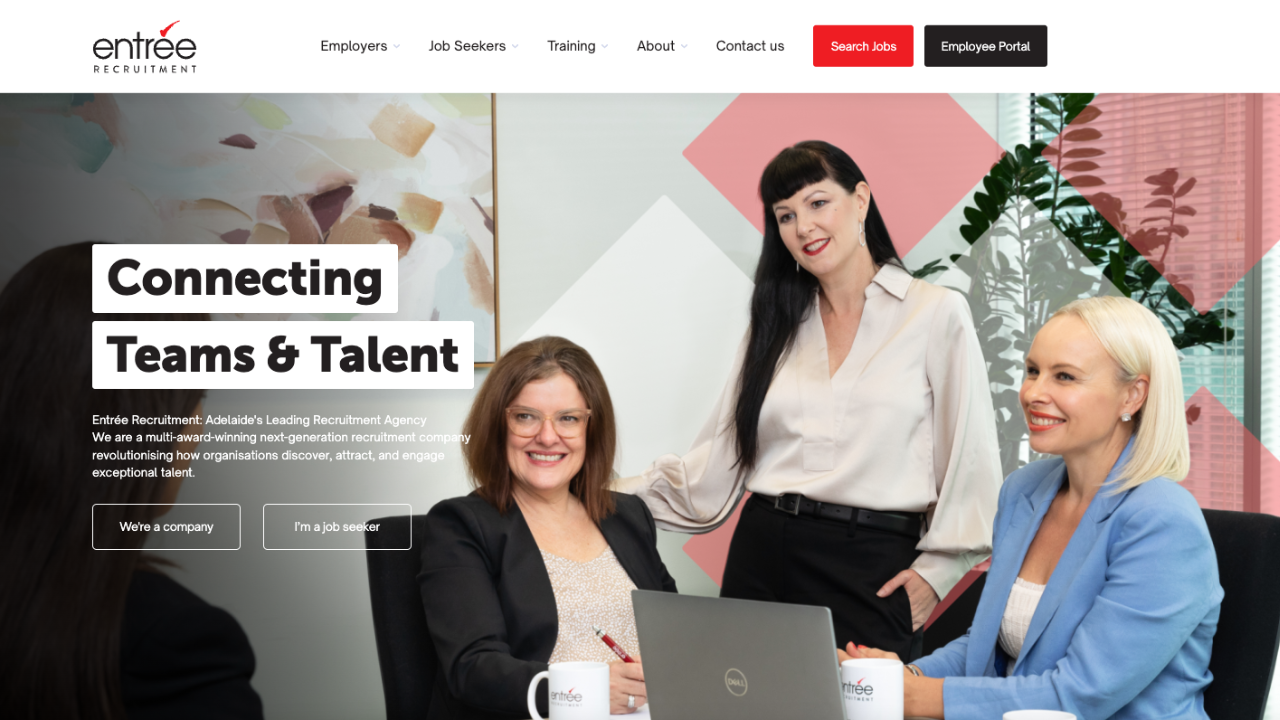Dual employment – Overview and FAQ
4 mins read
According to the Australian Bureau of Statistics (ABS), there has been a 4.3% increase in the number of individuals who hold multiple jobs across Australia (September 2022). This increase is a record-high number equating to 900,000 people. ABS has stated that labour shortages have contributed to this increase, with a record-high number of vacancies sitting at 480,000, up by 14.3%…
According to the Australian Bureau of Statistics (ABS), there has been a 4.3% increase in the number of individuals who hold multiple jobs across Australia (September 2022). This increase is a record-high number equating to 900,000 people. ABS has stated that labour shortages have contributed to this increase, with a record-high number of vacancies sitting at 480,000, up by 14.3% compared to pre-pandemic.
Consider these critical factors whether you hold a secondary position or looking for another.
Considering Dual Employment: Do I need to tell my primary employer?
Before you start any secondary position, be sure to double-check any contractual obligations. For example, some employers will have a contract clause that prevents you from seeking dual employment. However, if no such limitation exists within your contract, technically, you are not obligated to disclose it.
Next, reflect on your relationship with your primary employer. More often, transparent and honest communication is the best policy; it allows your employer to understand your situation and offer a potential solution. Solutions may include increased responsibility, hours, a commensurate salary, or encouragement to seek secondary employment. If you decide not to disclose your plans, be prepared for potential negative ramifications. And if you accept two positions, set distinct boundaries, and don’t let your performance affect the other.
Approaching Job Offers: I’m happy with my current position. However, what experience can be gained by meeting with other employers?
If you have no intention of changing positions, act with discretion and request confidentiality when interacting with other employers. For example, avoid meeting during work hours and over-interacting in public online spaces such as LinkedIn.
The benefits of meeting other employers include expanding your professional network and providing insight into how your position benchmarks compared with other organisations. For instance, you could compare responsibilities, culture, compensation and working environment. Meeting other employers also improves confidence and skills throughout the interview and application stage.
All these variables may lead to your appreciating your current position more or considering another opportunity. Maintain professionalism throughout the entire process, whether you decline a role or tender your resignation.
Choosing between two jobs. I’ve been offered a position that is not my first choice. So how do I buy more time?
You can ask for more time within reason before accepting a formal offer and communicate at the same time you are excited and thankful for the opportunity. However, be wary that some employers may require an answer more quickly than others. Conversely, if you believe the position will be an inadequate fit for your skills, experience, and cultural requirements, it might be best to reject the offer and find something more suitable.
In the meantime, depending on the above approach, reach out to your preferred option for an update. During the interview stage, it is always best to practise asking about the hiring timeline. This will give you an idea about when to follow up and when to expect a decision.
Finally, everyone will have different motivations and variables for accepting or rejecting a position. Therefore, evaluating your options based on your circumstances and communicating with hiring managers throughout the process will manage expectations.
Balancing Two Jobs: What should I consider?
There are many reasons why people decide to work two jobs. It may be to gain experience in another industry, or it could be due to financial constraints. There are benefits to working a second job; however, there are more considerations.
Monetary
As stated by the Australian Taxation Office (ATO), “If you’re an Australian resident for tax purposes, you don’t have to pay tax on the first $18,200 you earn each year. We call this the ‘tax-free threshold’, which you should generally only claim from one employer at a time”. Please visit the Australian Taxation Office for helpful, frequently asked questions that will assist in financial considerations.
Primary Employer
If you are looking for secondary employment or are dual employed, ensure you do not let your secondary job affect your primary occupation. In addition, as stated above, check your contractual obligations, as most organisations will not allow you to work for a competitor or any employment with a conflict of interest. Finally, be respectful of your primary employer by maintaining consistent performance and setting clear boundaries around work hours so no duties and responsibilities overlap.
Health and Wellbeing
Lastly, take care of yourself. Having a second job can make life hectic, and you still need to find time to look after yourself and maintain a healthy work/life balance. Eating healthy, exercising, sleeping, socialising and taking time off can help, but most importantly, it comes down to balance and managing your time.











